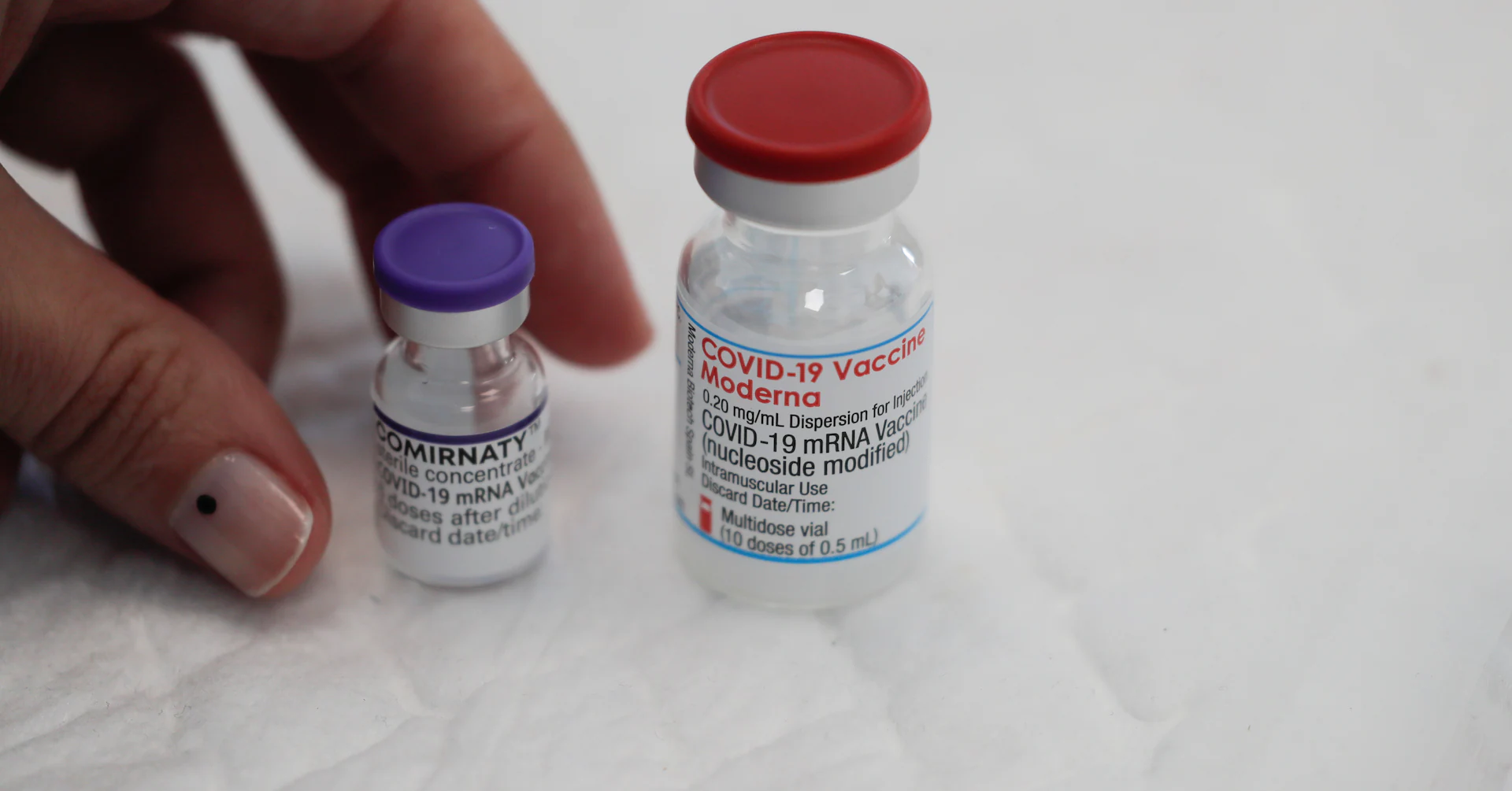Copyright CBS News

Thousands of people arrested each year in Texas are dealing with mental health issues. Some conditions can be treated with medicine, while others require hospitalization. But the I-Team found that in too many cases, the mentally ill end up in jail before ever getting access to the doctors who can help them. It's an issue Collin County's sheriff knows all too well. Texas jails on the front line for mental health care "We don't have a county hospital, we don't have a psychiatric hospital," said Sheriff Jim Skinner. "So the biggest psychiatric hospital is the county jail." At the time he sat for an interview with the CBS News Texas I-Team, Skinner said roughly 40% of the people in his custody were either mentally ill or developmentally delayed. Assistant Chief Deputy Michael Sepulvado said there are so many inmates with mental health issues there that many are now in special housing units, many of which were designed for disciplinary restrictions. "It's not ideal, but it's the only place that we have to put them," he said. Sepulvado showed the I-Team fences that he said were installed along the second tier a few years ago to protect inmates with suicidal ideations. Dr. Trina Bivens, the jail's lead psychiatrist, has been practicing for 30 years. "I like being the doctor for someone who is very sick, who needs my help a lot," she said. According to Bivens, people who are booked into jail get a medical screen to make sure they are physically and psychiatrically fit to be incarcerated. If a person is suspected of being incompetent to stand trial, a judge can order an evaluation and determine if the person needs hospitalization. Inmates wait months for psychiatric beds Inmates who need their competency restored are put on a waitlist for what's known as a forensic bed, a secure bed in a psychiatric hospital specifically for people involved in the legal system. As of May, there were about 1,700 people in Texas on the waitlist for forensic beds. The average wait for a minimum-security bed was six-and-a-half months. For a maximum security bed, the average wait was more than eight months. "Back in the day, 15 years ago, I said and thought it was bad that my patients had to wait two to four months," Bivens said. "This jail itself went through a period from 2019 to 2024 where we didn't send a single patient to Vernon State Hospital," she said, referring to a maximum-security inpatient psychiatric hospital. For people charged with a class B misdemeanor, the wait for treatment can be longer than the possible sentence if convicted. For example, a conviction for criminal trespass carries a maximum of 180 days in jail. Bivens said a large percentage of the people who come to Collin County Jail solely for criminal trespass are in need of mental health services. "We see they're very psychotic; they need treatment," she said. "And we're all basically stuck for 180 days until they time out on their charge." At that point, Bivens said she typically files an emergency detention order, which allows the person to be committed civilly instead of criminally. "This is a huge problem for the whole system, not just for us in Collin but elsewhere," she said. Tarrant County faces the same struggle In Tarrant County, Sheriff Bill Waybourn said 65% to 70% of the jail population receives mental health services. The more dangerous the patient, the more difficult it can be to find them a hospital bed. "We have two inmates that have now been with us over 1,000 days," Waybourn told the I-Team. "Because there is not an opening for a state bed with the level of security that's needed." "I hate that our people are watching them," he said. "They do need a state bed."' Waybourn says a new private hospital in Arlington is helping ease some of the burden. The facility has opened up 36 beds for inmates who are considered low or intermediate risk. But he says there are a number of people in jail who will never be competent to stand trial. "They're in there with a five-year-old, six-year-old mind and a 22-year-old body," Waybourn said. "Now, maybe they did assault somebody, maybe they did hurt somebody. But as a society, do we want those people in a jail situation? I don't think so." Psychiatrist Dr. Carol Nati treats people in the Tarrant County jail. "I oversee the most difficult situations, and the patients who are having the most difficulties," she said. Nati said her team focuses on competency training inside the jail, in hopes of getting people off the waitlist as soon as possible. "We do very active treatment," she said. "As soon as we find out somebody's coming in, within 24 hours we try to place them back on whatever medicine they said was helpful to them." State hospitals turning away patients The shortage of beds does not just impact people in jail. In the first half of 2025, nearly 1,200 people tried to voluntarily admit themselves to a state psychiatric hospital; One-third of them were turned away. The sheriffs and doctors who spoke with the I-Team all say more emphasis needs to be put on access to mental health care outside of the criminal justice system. Specifically, before people ever interact with law enforcement. For Bivens, the lack of funding for outpatient care means that people cannot get help until they get arrested. "If those elements are failing, the last-ditch effort is always going to be the jail," she said. "They can wait for a bed at the jail if none of the options are there." "I do believe that more hospital beds would help," said Nati. "The other thing is, I think people in the community need to be aware of the issue so that we put resources and our tax money where it's most needed." "Everyone knows someone who suffers from mental illness," said Skinner, the Collin County sheriff. "So it is something that as a society we need to recognize and face and deal with it, and we need to be realistic about it." A spokesperson for The Texas Health and Human Services Commission, which oversees the state hospital system, declined the I-Team's request for an interview but did answer questions through email. Here is the HHSC's statement: "HHSC is working to address the growing demand for forensic beds, both in non-maximum-security units (non-MSU) and maximum-security unit (MSU) settings. Since 2017, Governor Abbott and the Texas Legislature have appropriated more than $2.5 billion to replace, renovate, or expand state hospitals across Texas. Hospital construction is underway in Amarillo, Dallas, Wichita Falls, and Terrell, and two additional expansion and renovation projects are in the planning stage. Once completed, all of the projects funded since 2017 will add more than 680 state hospital-owned beds, including an increase of more than 300 maximum security beds. All of our operating state hospitals are continuing to accept patients, as capacity allows."



